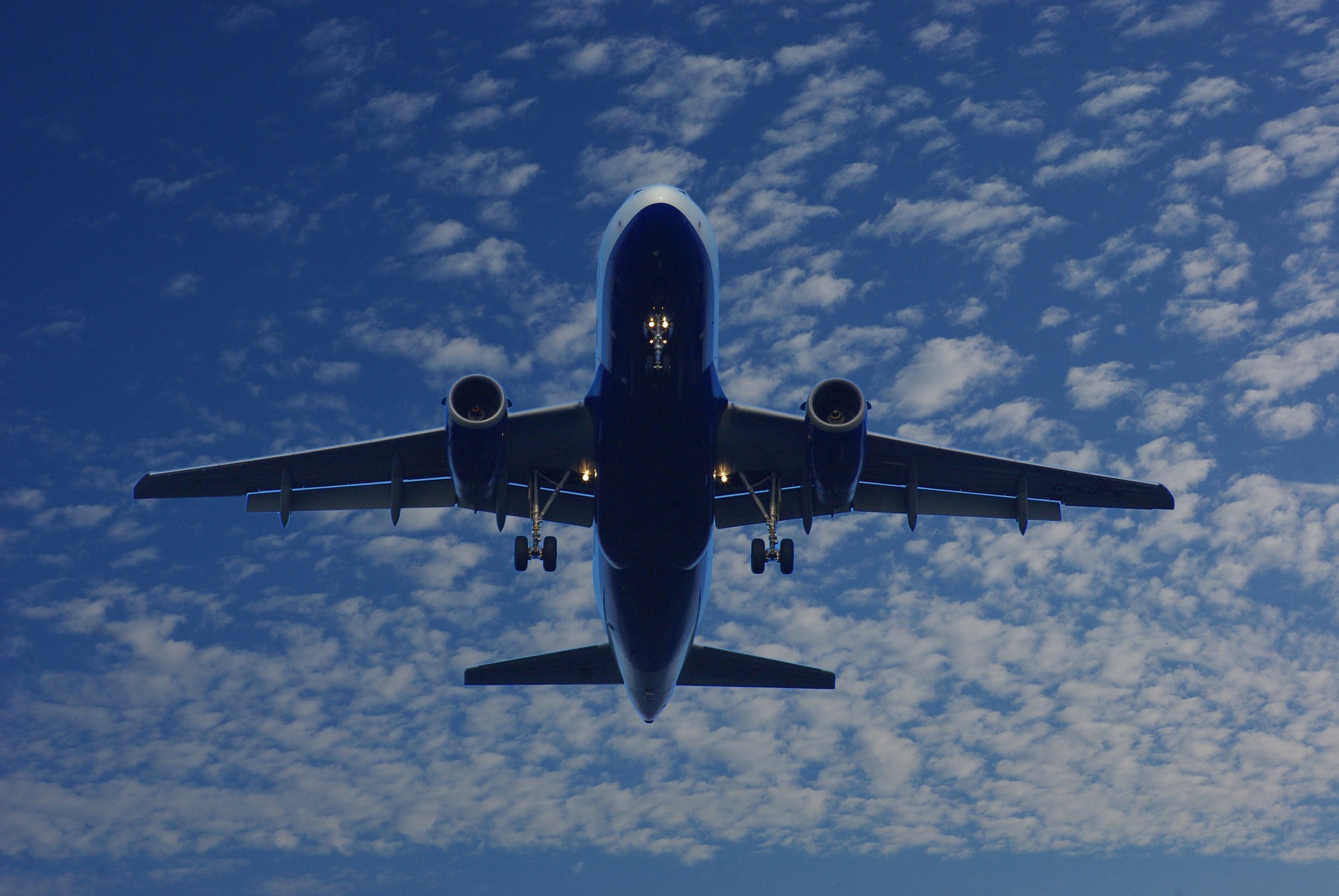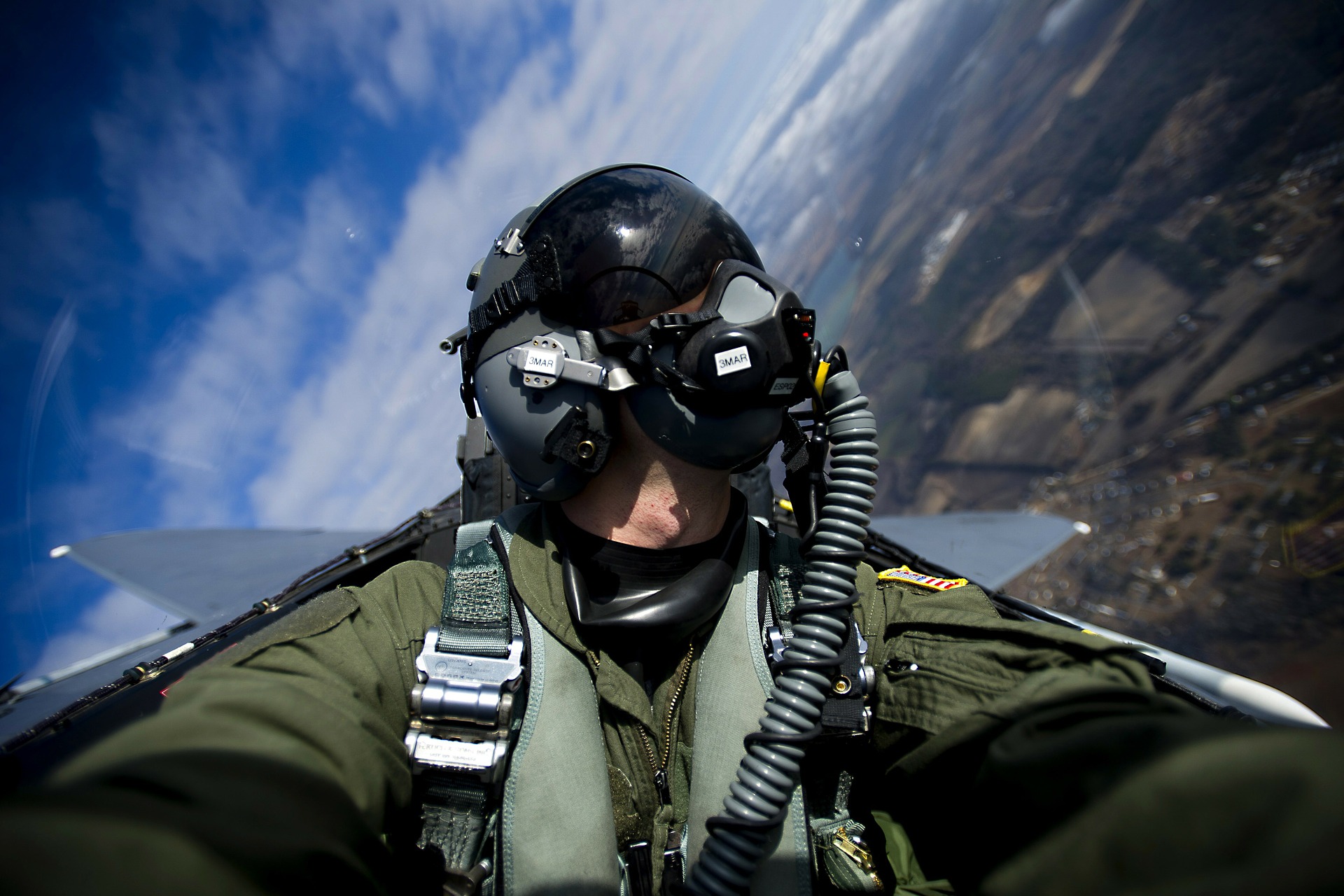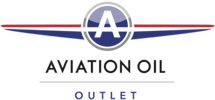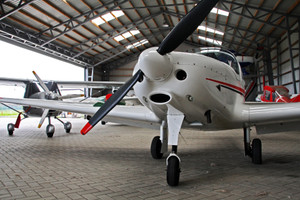How to Become a Professional Pilot
By on Apr 20th 2016
You might have heard that there's a professional pilot shortage in the aviation industry.
You also might have heard there is no shortage.
Huh?
There's a bit of ambiguity on the subject, and even the U.S. Government Accountability Office (GAO) confesses that there is -mixed evidence regarding the extent of a shortage of airline pilots,- however they also report (as of February 2014), -regional airlines have reported difficulties finding sufficient numbers of qualified pilots over the past year.-
And shortage builds demand, right? Which means you should hop in your plane right now and go get your pilot's license, right?
At least that's what Forbes seems to suggest. Forbes reports that the current industry situation -can only yield about two-thirds of the pilots the U.S. will need in the next 20 years.- So... onward and upward?
I suggest you consider holding on to your aviators for the time being, at least if you're unfamiliar with the protocols for being a professional pilot, because it's far more complicated (and expensive) than simply earning a private pilot certificate (which is simply step one).
Becoming a commercial pilot

If you choose the path to becoming a commercial pilot, you can expect a highly time-consuming process; the process of becoming a professional pilot includes but is not limited to academic instruction, flight experience, various certifications, and working your way up to being a commercial pilot. You won't start off your career piloting Boeing 747s internationally.
Time is definitely a huge factor here, especially flight time.
In the past, co-pilots only needed a commercial pilot certificate with 250 hours of flight time to fly for U.S. passenger and cargo airlines. As of 2013, however, the Federal Aviation Administration (FAA) changed the qualification rules, requiring co-pilots to hold an Airline Transport Pilot (ATP) certificate and 1,500 hours' total time as pilot. The rule further requires pilots to log 1,000 hours as co-pilot. These changes occurred, in part, as response to the tragic crash of Colgan Air 3407 in February 2009.
Setting a minimum flight requirement for commercial pilots makes sense to prevent inexperience from leading to catastrophe-however, the new regulations call for 6 times as many hours. And maybe the time wouldn't be such a huge factor in deterring would-be pilots if the cost wasn't so astronomical-and if there was (literally) a more lucrative payout for choosing this path.
Now that attending (and paying for) Flight School doesn't provide enough hours of experience, pilots in training need to compensate for the loss on their own time, likely out of pocket. According to Mashable, -the flight time can cost more than $100 an hour.-
Assuming a student finishes college with a license and 300 hours of flight time, they will still need to find time (and money) to get those 1,200 more hours. And factoring the cost per hour (whatever it is) -it's not super compelling.
If someone spends $100,000 (or more) on their education, you would expect the payoff to be so worth it come employment time; however, the starting salary for beginner pilots is only around $20,000 a year, which is hardly a means to pay off student loan debt. And while the job can pay upwards of six figures-those jobs are few and far in between.
So what are the other options?
Traditionally, the military provided the means for many individuals to become pilots and eventually moving on to become commercial pilots after their military commitment has ended; however, the use of drones likely impacts the number of pilots currently needed.

Another more recent option comes in the form of Gateway Select: JetBlue's new pilot training program. The program doesn't require any flight experience and takes four years to complete. Once the program is complete, pilots will have their necessary 1,500 flight hours and could wind up flying passenger jets. The kicker? The program will cost $125,000, and it doesn't seem like there is a guarantee of passing, nor is it likely that those who wish to quit would get any of their money back.
Warren Christie, the senior vice president of safety, security, and training at JetBlue says that the Gateway Select program is an -opportunity to create the best pilot training program in the U.S. while also removing some of the economic and social barriers so that those with the natural aptitude can pursue their dream.-
Oh yeah. Pocket change.
So what's a wannabe pilot supposed to do if they can't cough up $100,000 or more to potentially someday be a commercial pilot, and a stint in the military just isn't your thing? That's a great question. Perhaps a compromise will lower the FAA regulations to a more manageable number, or maybe there will someday be more ways to offset the financial burden of eligibility. For those truly dedicated, if there's a will, there's a way (and maybe cross your fingers for a large inheritance to come your way in the near future).







